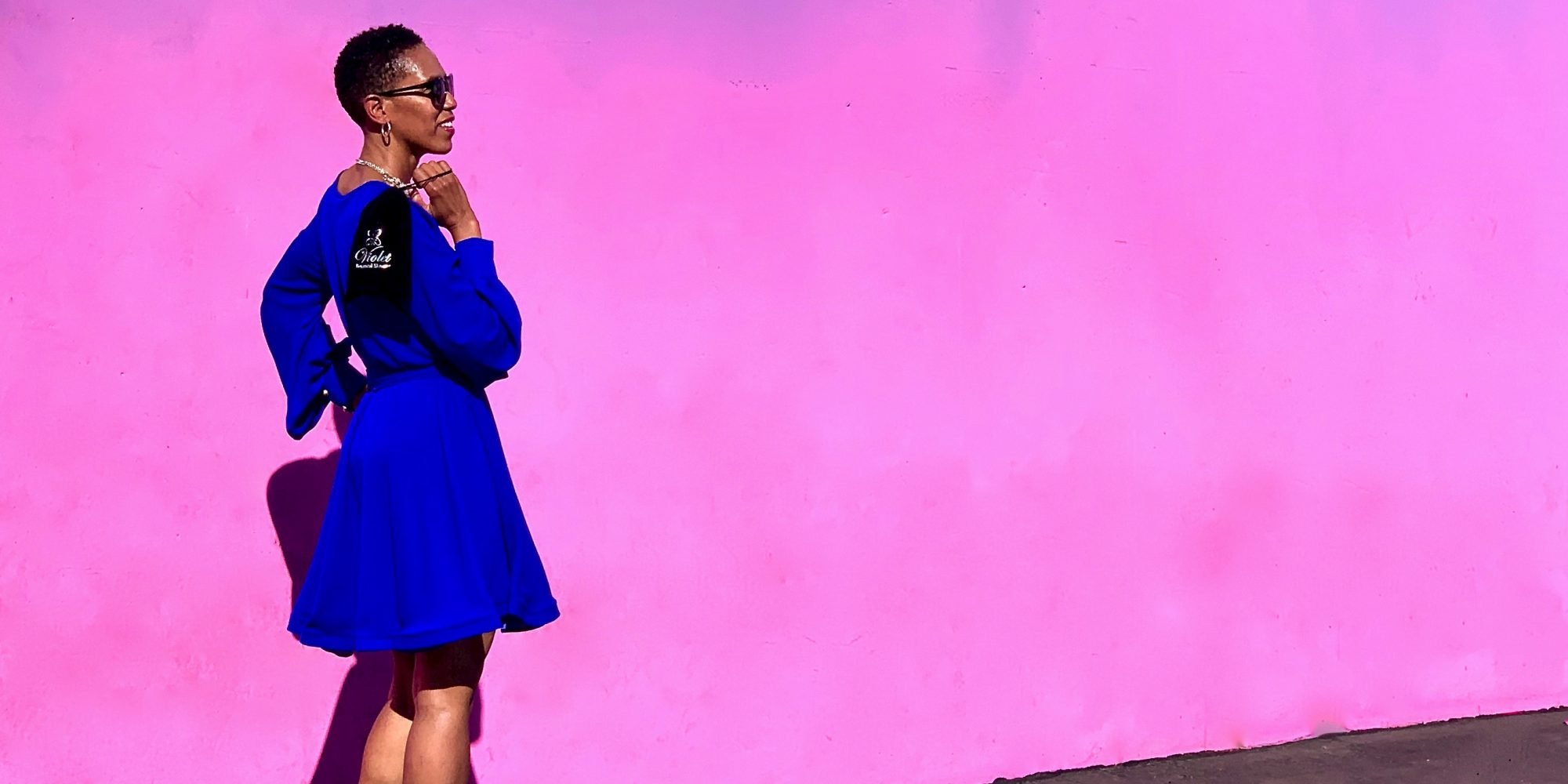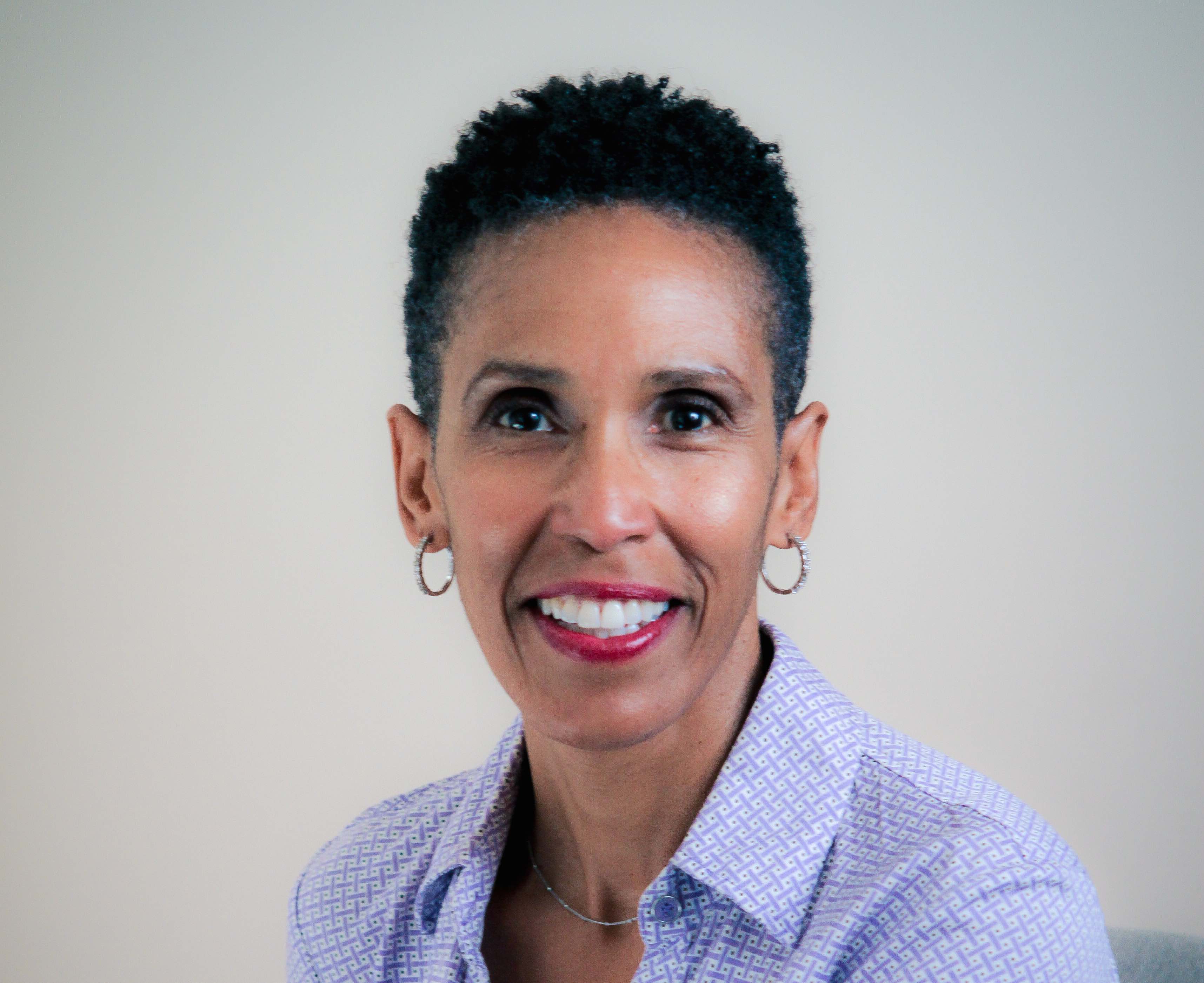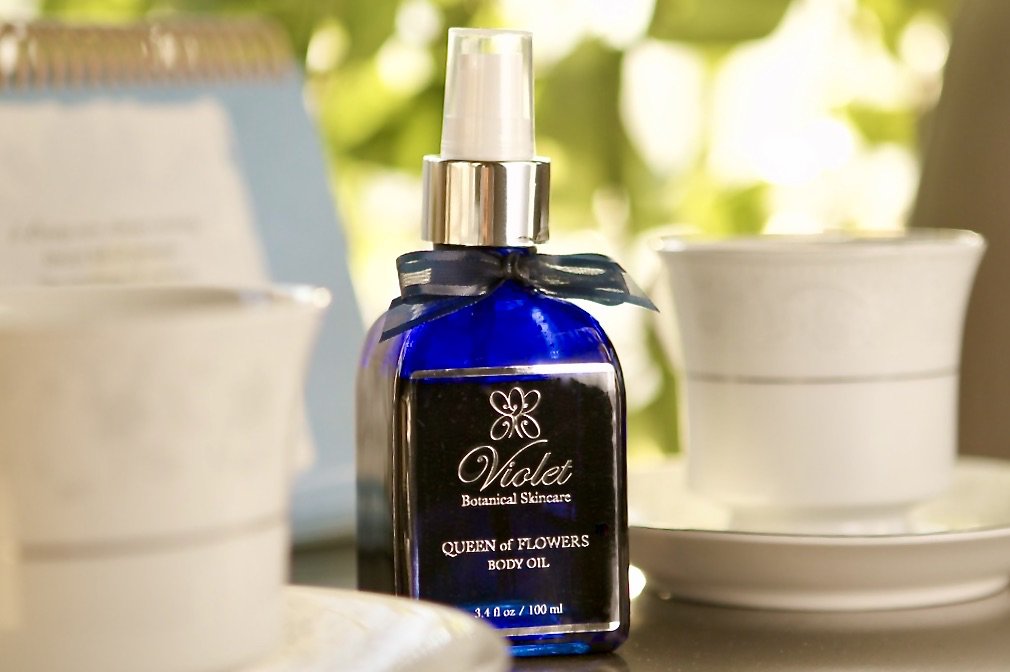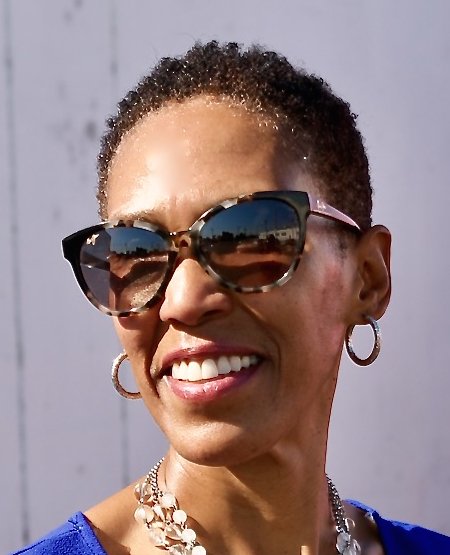
I’m A Black Indie Beauty Brand Founder. Here’s What I Think About Building My Business In A Racist Society.
Growing up, sitting at my grandmother’s kitchen table and watching her make homemade soaps, salves and remedies for minor ailments always amazed me. She never put a name to anything she whipped up, and it always worked.
These were Southern folk remedies passed down from generation to generation by memory. Little did I know that those old Southern folk remedies would come in handy as I became a mother.
Fast forward to 2014, I began researching natural remedies to help relieve my husband’s and son’s dry skin due to eczema. Slathering them in steroid creams filled with toxic petrochemicals and synthetics was not an option.
Guided by time-honored African formulations and centuries-old ingredients, Violet Botanical Skincare was born. Our mission is to offer the finest quality plant-based bath and body care for beautiful, healthy skin. Our collections are formulated with rare Nilotica shea butter and exotic oils from Southern Africa to nourish the skin.
As the founder of a Black-owned indie beauty brand, I’m accustomed to ebb and flow. Currently, with the pandemic and civil unrest surrounding George Floyd, the struggles of the moment running a beauty brand and raising a Black son has my mind distracted from the creative process to navigating this difficult environment. Here are some of the challenges I face as a Black beauty entrepreneur and my thoughts on the fight for a truly representative beauty industry.

challenges fAced By Black-owned beauty brands
- Black beauty brands have a lack of support (i.e., financial and mentorship support) from the start. Bootstrapping is the modus operandi for most Black businesses, which adds another layer of financial burden. In a recent conversation with a successful Black beauty brand founder, she revealed that the best asset beauty brand owners can have is a network of wealthy, well-connected people. Unfortunately, a lot of Black beauty brand owners don’t have that type of network.
- If I seek and secure investors, which are few and far between for Black beauty brands, my perception is that I’m working for them and would lose control over the ‘why’ behind my company. I’m a huge fan of Sara Blakely, founder of Spanx. She started Spanx with $5,000, built a business empire that has an estimated $400 million in annual sales, and still owns 100% of her company. She’s a staunch advocate for women completely owning their business. That is a blueprint I want to replicate to leave a legacy for future Black women with entrepreneurial aspirations.
- Black beauty brands struggle to get into department stores because our products are not seen as quality or luxury. Our prices are always questioned. We have to defend our right to be in that space, and the entry fee is prohibitive to some brands that self-finance.
- If my brand gets picked up by department stores, my concern is that Blacks receive negative treatment and experience consumer racial profiling in them, also known as “shopping while Black.” Macy’s, Barneys New York, Eddie Bauer and Dillard’s have paid $250,000 to $1 million in damages for racial profiling. Sephora, Harrods and Target are guilty of racial profiling. Currently, Organic Bunny is losing brand partners for racist and homophobic social media posts. Gucci, Prada and H&M have admitted to racial insensitivity. I’m hopeful these companies will change moving forward.
- The Black community’s buying power is valued at over $1 trillion a year. I have issues with corporations making money from my community that don’t respect and support my community.
Responses to the Black Lives Matter movement
- The George Floyd protests have caused many large corporations to issue statements that they stand with the Black community. I’m skeptical at best. To quote James Baldwin, “I can’t believe what you say because I see what you do.”
- Corporations are donating money, but they’re not putting skin in the game. Sharon Chuter, founder and CEO of Uoma, started the #PullUpOrShutUp campaign to ask beauty brands to list the number of Black employees within their companies—from the boardroom to the C-Suite to the support staff. The numbers show there’s a lot of work needed within most beauty companies, although companies that are predominantly Black-owned had significant representation.
- Oftentimes, companies boast about their diversity by using the blanket designation POC/BIPOC referring to people of color, or Black, indigenous and people of color. The designation includes anyone who is not white. Sadly, Black people are still underrepresented in that group.
- If corporations are interested in real change, they must examine their hiring practices, corporate culture and messaging. They’ve made non-Black or European beauty their default. Their attempts to add the token Black woman in advertisements are offensive. One company actually wrote that it tried to address its lack of diversity by including Black women in 15% of its marketing. Wake up. That’s not diversity, it’s tokenism.

Raising a family and running a business
Discussing the unrealistic expectations placed on women in our society, Amy Westervelt, author of “Forget ‘Having It All,’” has said, “Women should parent like they don’t work and work like they don’t parent.” Whoever told women they can have it all sold us a bill of goods. Somewhere on either the business side or family side, something falls through the cracks. I’m learning to do the best I can each day, and I don’t allow guilt to win because, in the end, it all gets done. I know mental exhaustion is real, but I come from a resilient people. I will weather this storm.





Leave a Reply
You must be logged in to post a comment.